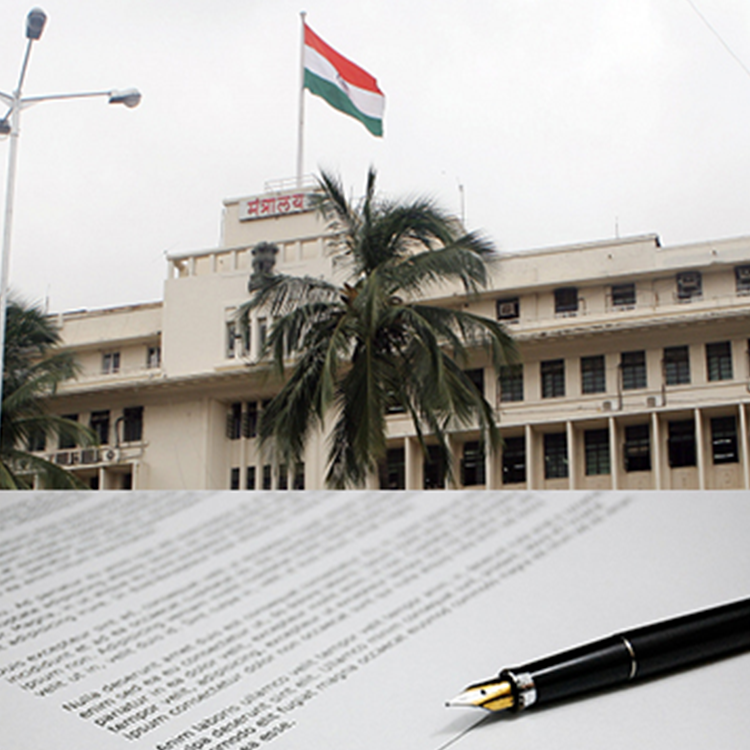Understanding Maharashtra Land Rights

Introduction
Land rights, a critical aspect of property ownership, undergo various changes and are subject to legal restrictions. Understanding the dynamics of these changes is crucial for ensuring responsible land management. This article explores the alterations in land rights due to inheritance, wills, partitions, and transfers, while also delving into the legal restrictions imposed by various acts in Maharashtra, India.
Types of Changes in Land Rights
Inheritance:
- Transfer of land rights through familial succession.
- Governed by inheritance laws and succession planning.
Will:
- Land rights can be bequeathed through a legally executed will.
- Ensures the deceased's wishes regarding property distribution are upheld.
Partition:
- Division of jointly held land among co-owners.
- Requires legal processes and agreements to allocate individual shares.
Transfer of Land:
- Involves the conveyance of land rights from one living person to another.
- Includes various forms such as sale, lease, mortgage, gift, and exchange.
Restrictions on Land Transfer
Maharashtra Land Revenue Code 1966:
- Non-payment of land revenue arrears can lead to forfeiture of land.
- Tribal land transfer to non-tribals requires government permission.
Maharashtra Tenancy and Agricultural Lands Act, 1948:
- "Tillers' Day" mandates the compulsory transfer of ownership rights from landlords to tenants.
- Transfer restrictions to ensure the land benefits specific sectors like education, charity, or co-operative farming.
Bombay Prevention of Fragmentation and Consolidation of Holdings Act, 1947:
- Prohibits the creation of land fragments through transfers.
- Ensures consolidation of holdings for better agricultural management.
Maharashtra Agricultural Lands Ceiling on Holding Act, 1961:
- Fixes ceiling areas for landholdings to prevent excessive land accumulation.
- Prohibits the transfer or acquisition of land above the ceiling limit.
Maharashtra Co-operative Societies Act, 1960:
- Charges on land offered as security for loans from co-operative societies.
- Ensures the society's interest until the debt is cleared.
Transfer of Property Act, 1882:
- Section 52 prevents property transfers during pending litigation.
- Protects the rights of parties involved in legal disputes.
Registration Act, 1908:
- Requires compulsory registration for certain transactions related to immovable property.
- Non-registration may render transactions null and void.
Wakf Land:
- Restrictions on transfers of immovable property dedicated to religious, pious, or charitable purposes without the Wakf Board's sanction.
Trust Lands:
- Subject to provisions of charitable Trust Acts.
- Trustees can dispose of trust property within the powers conferred by the Trust Deed.
Conclusion
Land rights are dynamic, influenced by various factors and legal frameworks. Understanding the changes and restrictions ensures responsible and lawful practices in land transactions. The interplay between individual rights and societal considerations is crucial for maintaining a balanced and equitable landownership system. Individuals involved in land transactions must navigate these legal frameworks to ensure compliance and ethical conduct in land management.







